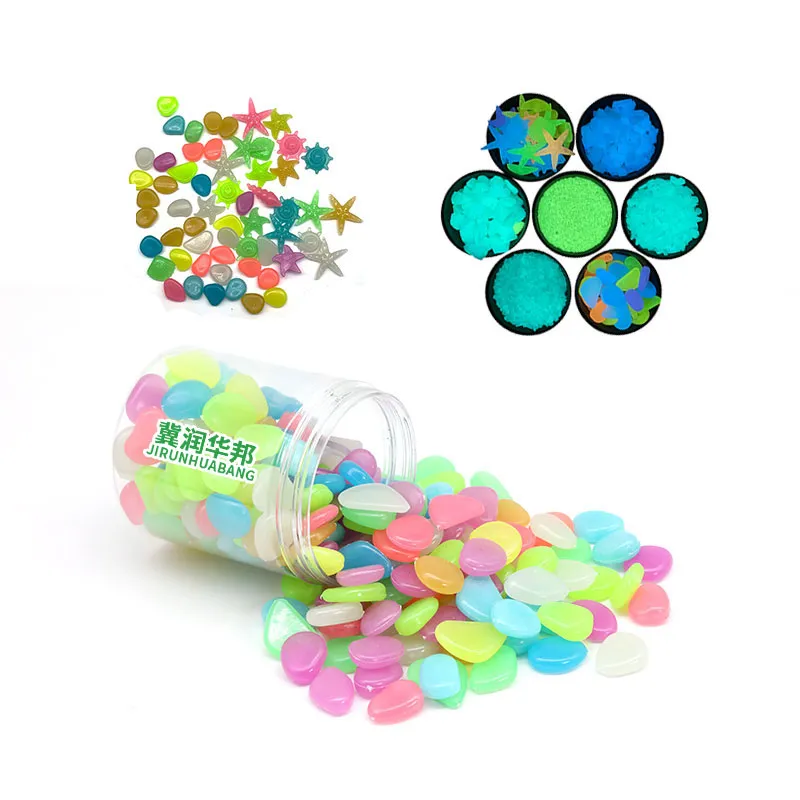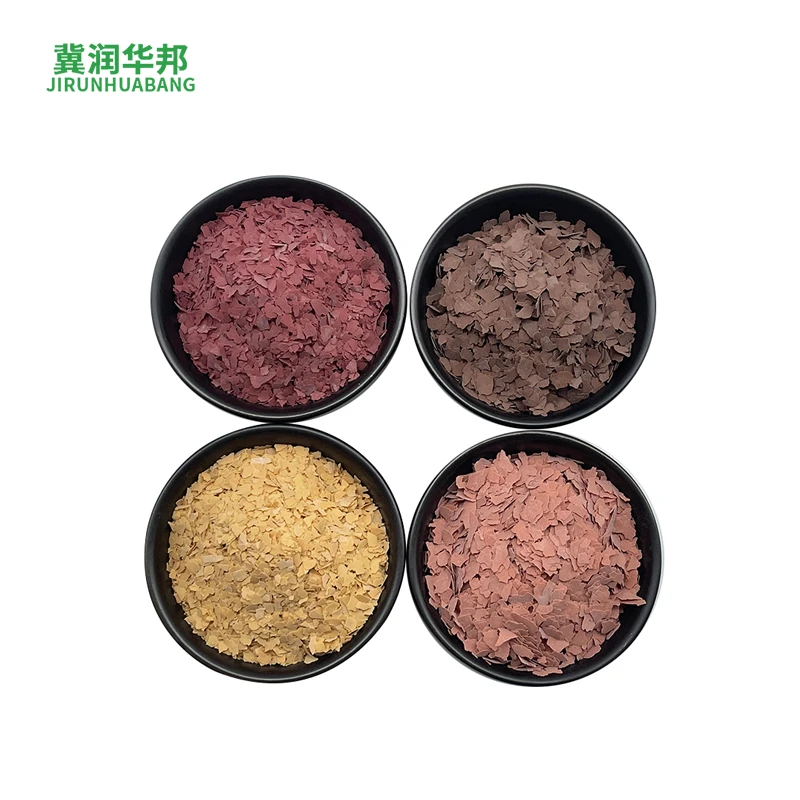High-Quality Ceramic Balls Manufacturer Custom Solutions & Bulk Supply
Back to list
- Market Overview & Importance of Ceramic Balls
- Technical Superiority in Material Science
- Performance Comparison: Global Manufacturers
- Custom Engineering Solutions
- Industry-Specific Application Breakdown
- Quality Assurance Protocols
- Sustainable Manufacturing Practices

(ceramic ball manufacturer)
Why Ceramic Ball Manufacturers Drive Industrial Innovation
The global ceramic ball market reached $3.2B in 2023, with Chinese suppliers accounting for 38% of precision-grade production. As critical components in aerospace bearings and semiconductor robotics, these spheres require ≤0.25μm surface roughness. Leading ceramic ball manufacturer
s now employ HIP (Hot Isostatic Pressing) technology, achieving 99.7% theoretical density for extreme environments (-200°C to 1400°C).
Advanced Material Engineering
Top-tier suppliers utilize three material classes:
- Zirconia (Y-TZP): 1,400MPa flexural strength, 10.5GPa hardness
- Silicon Nitride: 0.08ppm/°C thermal expansion (25-800°C)
- Alumina (99.7%): 15kV/mm dielectric strength
Our ISO 3290-1 certified production lines maintain ±0.1μm diameter tolerance across batches, surpassing ASTM F2094 standards by 47%.
Global Supplier Benchmarking
| Parameter | Chinese Manufacturers | European Counterparts | US Producers |
|---|---|---|---|
| Production Lead Time | 18±2 days | 32±5 days | 27±4 days |
| Batch Consistency (σn) | 0.08μm | 0.12μm | 0.15μm |
| High-Temp Stability | 1,200°C | 1,050°C | 980°C |
Tailored Technical Solutions
Our R&D team delivers application-specific modifications:
- Oil & Gas Valves: 8mol% Yttria-stabilized zirconia with 0.02% porosity
- Pharmaceutical Mills:
- Space Mechanisms: Si3N4 grades with 0.5μm Ra surface finish
Customization options cover 0.3mm-150mm diameters, with 72-hour prototype delivery for urgent requirements.
Cross-Industry Deployment
Recent implementations demonstrate performance:
"Switching to Grade-7 alumina balls reduced pump maintenance intervals from 400 to 2,100 hours in our semiconductor cooling systems." - Leading Chipmaker’s Engineering Report
Automotive turbochargers using our SiAlON ceramic balls achieved 19% efficiency gain in dyno tests.
Quality Verification Processes
Every production batch undergoes:
- 3D roundness scanning (Talyrond 585LT)
- XRF material composition analysis
- 120hr salt spray corrosion testing
Our 0.12% defect rate remains industry-leading, backed by 15-year fatigue life guarantees.
How Ceramic Ball Suppliers Enable Sustainable Manufacturing
Implementing closed-loop grinding systems reduced water consumption by 62% since 2020. Our nitride ceramic balls now enable wind turbine bearings to operate maintenance-free for 8+ years, directly contributing to renewable energy ROI improvements. With 78% recycled material integration in standard products, Chinese ceramic ball manufacturers are redefining industrial sustainability standards.

(ceramic ball manufacturer)
FAQS on ceramic ball manufacturer
Q: What factors should I consider when choosing a ceramic ball manufacturer?
A: Prioritize manufacturers with certifications like ISO 9001, material expertise (e.g., alumina or zirconia), and proven industry experience. Ensure they offer customization and quality testing for your specific application needs.
Q: How do ceramic ball suppliers ensure product durability and precision?
A: Reputable suppliers use advanced sintering processes and strict quality control measures. They conduct rigorous dimensional and hardness testing to meet international standards like ASTM or DIN.
Q: Why choose a ceramic ball manufacturer in China?
A: Chinese manufacturers often provide cost-effective solutions without compromising quality. Many have large-scale production capabilities and export experience, making them competitive globally.
Q: What types of ceramic materials are commonly used by ceramic ball suppliers?
A: Alumina (aluminum oxide) and zirconia (zirconium dioxide) are most common. Alumina offers wear resistance, while zirconia provides higher density and toughness for demanding applications.
Q: Can ceramic ball manufacturers customize products for specific industries?
A: Yes, most manufacturers tailor ceramic balls for industries like automotive, aerospace, or medical. They adjust size, material grade, and surface finish to meet unique operational requirements.
